1.Pure water

Refers to H2O without impurities, referred to as purified water or pure water. It is pure, clean, and does not contain impurities or bacteria, such as organic pollutants, inorganic salts, any additives, and various impurities. It is generally made by electrodialysis, ion exchange, reverse osmosis, distillation, and other appropriate processing methods, sealed in a container, and does not contain any additives. It is colorless and transparent and can be drunk directly. In chemistry, pure water can also be called a pure substance. It is used more in experiments. Because it is made by distillation and other methods, it is also commonly called distilled water. However, distilled water uses distillation equipment to vaporize water and then condense the water vapor into water. Although heavy metal ions are removed, trace elements needed by the human body are also removed, and low-boiling point and volatile organic matter are not removed.
2. Softened water
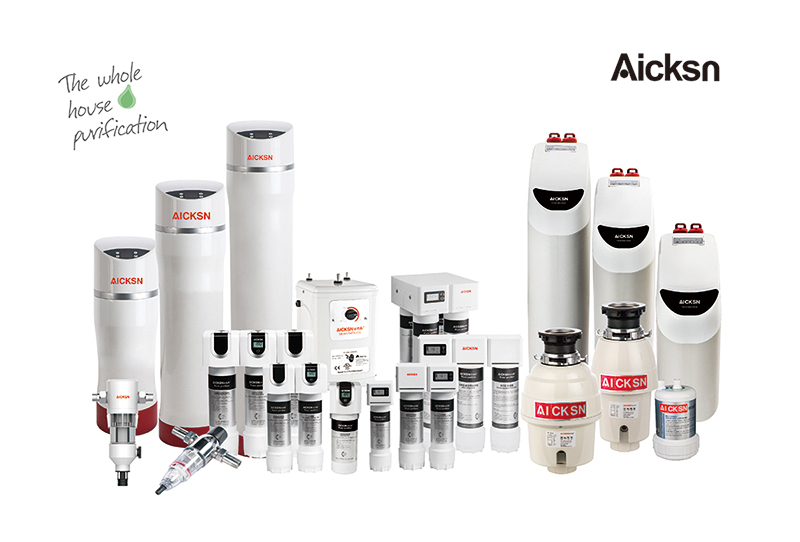
We usually use the "hardness" indicator to represent the content of calcium and magnesium ions in water. One degree of hardness is equivalent to 10 mg of calcium oxide per liter of water. Water below 8 degrees is called soft water, above 17 degrees is called hard water, and between 8 and 17 degrees is called moderately hard water. Rain, snow, river, lake water are all soft water, spring water, deep well water, and sea water are all hard water. In daily life, we often see scale forming on the inner wall of a kettle after long-term use. The reason is that the water we use contains a lot of inorganic salts, such as calcium and magnesium salts. These salts cannot be seen by the naked eye in water at room temperature. Once they are heated and boiled, a lot of calcium and magnesium salts will precipitate out in the form of carbonates, and they will form scale close to the kettle wall. Since the deposition of scale has a significant impact on people's lives and production, both production water and domestic water have certain requirements for hardness indicators. In particular, if the boiler water contains hardness salts, scale will be generated on the boiler heating surface, thereby reducing the boiler's thermal efficiency, increasing fuel consumption, and even damaging components and causing explosions due to local overheating of the metal wall. Therefore, low-pressure boilers must be softened, and medium and high-pressure boilers must be softened and desalinated. Central air conditioning, heat exchangers, hotels and restaurants, food chemicals, laundry printing and dyeing, medical and health industries also need softened water quality.
3. RO water

RO (Reverses Osmosis) water: Reverse osmosis water. Its principle is to apply a pressure greater than the osmotic pressure on one end of the raw water to produce a reverse osmosis effect. At this time, dissolved and non-dissolved inorganic salts, heavy metals, organic bacterial particles, etc. cannot pass through the semipermeable membrane, so that water molecules and smaller molecular salts penetrate the semipermeable membrane and flow to the clean water side, and the pollutants are concentrated in the raw water; the raw water gradually concentrates, and the pressure applied must be gradually increased until it is infinite. In actual operation, the concentrated water (wastewater) is discharged and the raw water is continuously supplied to maintain a constant pressure. In simple terms, the functional principle of reverse osmosis is like a sieve. Water is forced through a thin film like cellophane, in which only extremely small organic particles (particles) can pass, and polluted and unclean water is discharged from the wastewater outlet. From a chemical point of view, RO water is not pure water. Even if it has penetrated through the semipermeable membrane, it is not 100% able to completely filter out some soluble salts. Reverse osmosis water is mainly used to solve the problem of direct drinking water for humans, industrial pure water, high-precision cooling water, etc.
When it comes to the classification of water, we have to think of the wide variety of water purifiers, water softeners, and water purifiers on the market. Among them, water purifiers using reverse osmosis technology occupy half of the market, followed by direct drinking machines (bottled water) and water purifiers. The water purifier uses reverse osmosis membrane filtration technology, the core of which is microporous filtration. Only water molecules and minerals smaller than water molecules can pass through the membrane and be retained for drinking; bacteria, viruses, scale, and pollutants cannot pass through the membrane and become concentrated water for discharge; thus reaching the standard of pure water.
Water softeners basically use ion exchange technology to replace calcium and magnesium ions (water alkali) in water with sodium cations to completely remove scale, which can bring many benefits to life, but strictly speaking, water softeners do not have purification functions and are generally not used for drinking water treatment.
The water purifier uses sand filtration, activated carbon, ultrafiltration and other technologies, which can purify water to a certain extent and remove mud, sand and rust, but cannot completely remove scale, bacteria and viruses. It belongs to primary filtration. The water purifier using KDF (a high-purity copper alloy) technology can remove bacteria, viruses and partially remove heavy metals, but cannot remove scale.



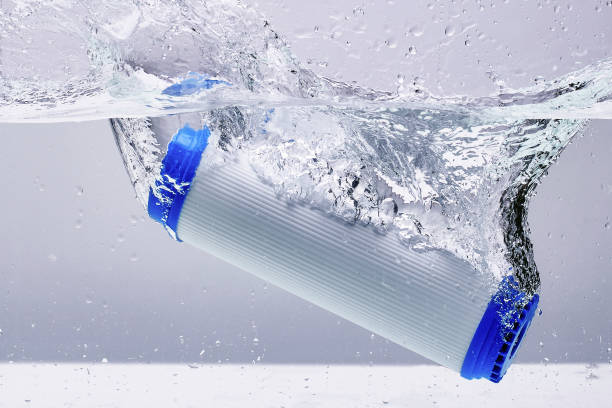 The after-sales service of the water purifier urges to replace the filter cartridge every year. Is it "dedication" or "deception"? The answer is here
The after-sales service of the water purifier urges to replace the filter cartridge every year. Is it "dedication" or "deception"? The answer is here
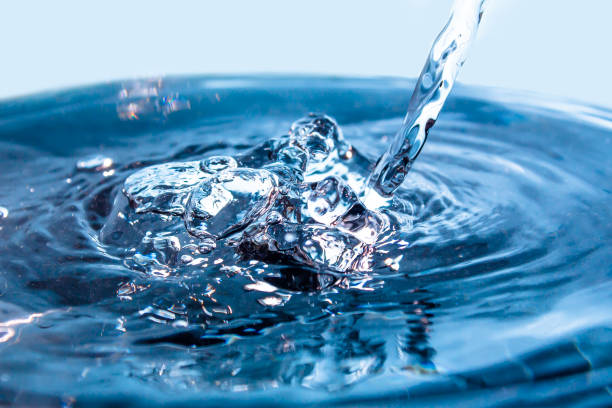 If the filter element is not replaced in time, the water purifier turns into a "sewage collector"? Don't take it lightly anymore!
If the filter element is not replaced in time, the water purifier turns into a "sewage collector"? Don't take it lightly anymore!
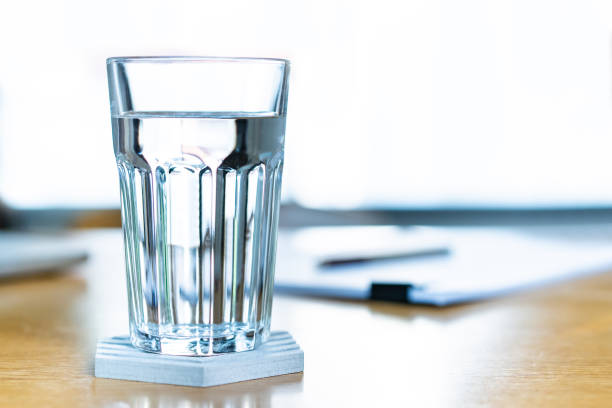 Good water is like medicine, bad water is like poison! How to choose a water purifier to protect the health of you and your family?
Good water is like medicine, bad water is like poison! How to choose a water purifier to protect the health of you and your family?
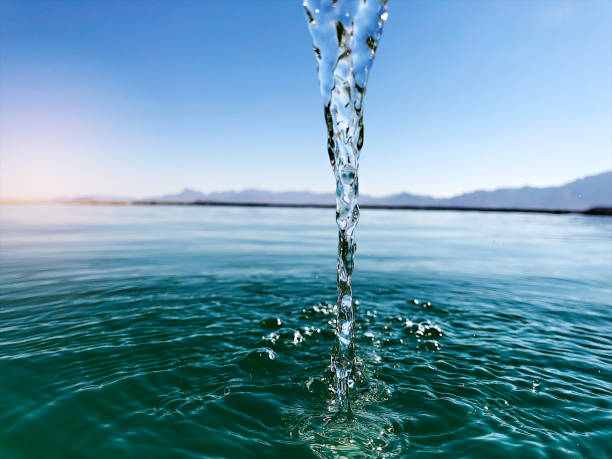 Good water is like medicine, bad water is like poison! How to choose a water purifier to protect the health of you and your family?
Good water is like medicine, bad water is like poison! How to choose a water purifier to protect the health of you and your family?